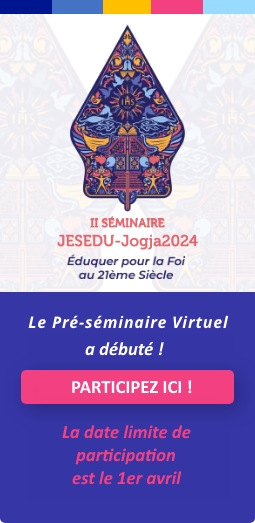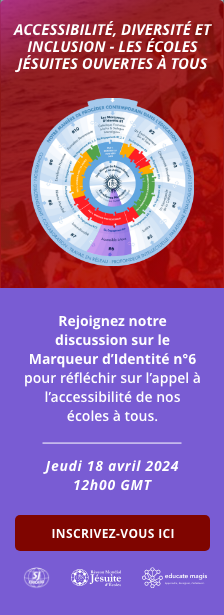The sharing of our stories requires a safe environment where our history will be respected.
My recently published book What Are We Doing On Earth For Christ’s Sake? (Paulist Press, Mahwah NJ, 2015) was inspired by conversations I had while travelling on planes. In most cases they were about the relevance of Christian faith to today’s world. The book consists of a series of short interconnected ‘stories’ touching on diverse themes.
One of these ‘cosmopolitan meditations’ queries Christian ethics on the important issue of internet use. “As St Thomas Aquinas says, wherever there is justice, temperance, fortitude, prudence, mercy and hospitality then God is present—and these virtues can be found everywhere online. We also know, however, that the seven deadly sins are also alive and well online.” This section of the book offers advice to help us navigate the internet and gives us guidance regarding online storytelling, posting, blogging, commenting, etc.
“Apart from the Lord’s golden rule: “do unto others as you would have them do unto you,” a further clarifying question to ask is: Is what I am about to say, blog or post kind? That does not mean we do not post tough ideas and thoughts online or engage in robust debate. It is just that, as in all correspondence, we should speak the truth as we see it in charity. The tougher the line we want to post, the more charitable a way we should find to say it.”
When we post online we need to be sensitive and prudent:
“As Christians, we are all called to be prudent, which in this context indicates that meaningful and deep relationships often take time. The sharing of our stories requires a safe environment where our history will be respected. We also need to be certain that the story we post online is ours to tell. It is unethical to disclose to anyone else details about others’ lives for which we do not have their permission to share. Before posting something online, it is often helpful to ask yourself this question: “Would I stand up and tell a large crowd of strangers what I am about to post?” If not, then chances are you should not write it online, because you are potentially telling the world.”
One of the important issues relating to online behaviour is to do with youth mental health and the danger of internet addiction (techno-addict). This section, however, does not pretend to answer all questions relating to Christian ethics and our relationship with the internet. It offers important ethical signposts on how to navigate the “digital continent” and will help become aware of how this medium affects our real life attitudes and our personalities.
“Moral behavior online means that we commit to promoting an online culture of respect, dialogue, and friendship; to valuing life not just as a succession of events or experiences, but a search for the true, the good, and the beautiful, and to believing that the digital community should be accessible to those who are already economically and socially marginalized, and not contributing to the increasing gap between the world’s rich and poor.
Finally, I think we should all become good storytellers.”
Please click here or Log In to read the full section from the book.
The book is available on the Paulist Press Website.
Se connecter ou Adhérer
pour créer et afficher des commentaires

